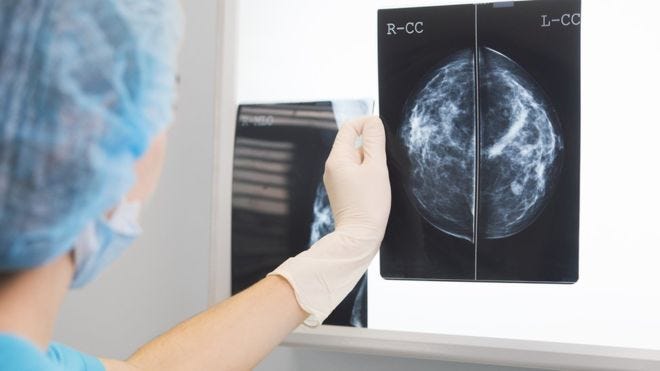Issue #239 - He Jiankui sentenced to jail for three years; apparently, there is a third genetically modified baby; and more!
View this email in your browser
Happy New Year! I feel the 2020s will be the decade when the sci-fi gets real and I'm excited to let you know when it happens.
This week - He Jiankui sentenced to jail for three years; apparently, there is a third genetically modified baby; robots learn to explain their actions; AI reads x-rays better than humans; and more!
SPONSORED
Whether you’re a Python developer new to machine learning or want to deepen your knowledge of the latest developments, this latest ebook bundles from Packt is perfect for you. The bundle contains over $1000 worth of ebooks for a fraction of the price!
Get Python & Machine Learning Bundle
GENE-EDITED BABIES
China jails 'gene-edited babies' scientist for three years

He Jiankui, the scientist that over a year ago announced the birth of first genetically modified humans, was sentenced to jail for three years. On top of that, He was fined three million yuan ($430,000; £328,000). The court also handed lower sentences to two men, Zhang Renli and Qin Jinzhou, for conspiring with He to carry out the experiments. A court in Shenzhen said the men had acted "in the pursuit of personal fame and gain", and had seriously "disrupted medical order", Xinhua news agency reported.
China Quietly Confirms Birth of Third Gene-Edited Baby
There were rumours that He Jiankui's experiment resulted not in two, but in three genetically modified babies to be born. Chinese news agency Xinhua quietly confirm the speculations by reporting that He was sentenced for his experiments “in which three genetically edited babies were born.”
ARTIFICIAL INTELLIGENCE
AI 'outperforms' doctors diagnosing breast cancer

Researchers from Google Health and Imperial College London, trained an AI to diagnose breast cancers. It does the work that usually requires two radiologists and results in a reduction of 1.2% in false positives and a reduction of 2.7% in false negatives.
ROBOTICS
A Robot That Explains Its Actions Is a First Step Towards AI We Can (Maybe) Trust

As a part of DARPA’s Explainable AI (XAI) program, researchers from UCLA programmed a robotic arm to show what actions it is considering in a quest to make an AI that can explain its actions.
BIOTECHNOLOGY
Genetically modifying mosquitoes to prevent disease carries unknown risks

One path to eradicate mosquito-borne diseases is releasing genetically modified mosquitoes into the wild to reduce the mosquito population. There are already companies that do exactly that. But we also need to be aware of the impact of such intervention on the ecosystem and make sure that everything is safe, ethical and just, writes Natalie Kofler.
Thank you for subscribing,
Conrad Gray (@conradthegray)
If you have any questions or suggestions, just reply to this email or tweet at @hplusweekly. I'd like to hear what do you think about H+ Weekly.
Follow H+ Weekly!


